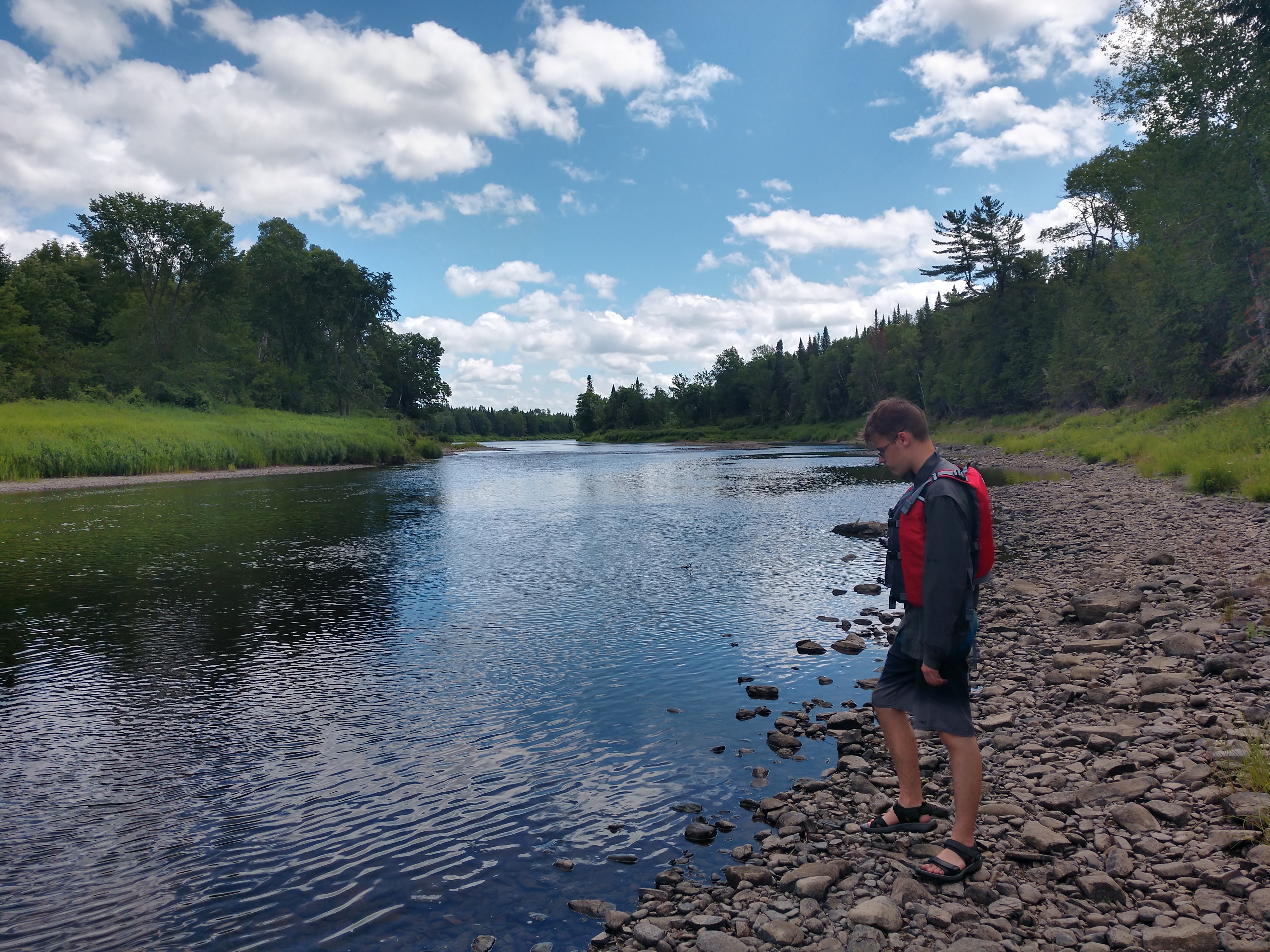If you listen to our podcast, read our blog, or spent any time with us at the field school, you’ve heard us talk about learning outdoor skills in context. I’ve been bouncing this idea around in my head a lot over the past months while running short programs for museums, schools and science centers. As we start the season next week, I realized what’s been missing. While these programs are a great introduction to the simple ways of living, they rob me of an excellent teaching assistant.
That unseen coworker is the Jack Mountain field school property. While the locations I get to use for satellite programs are beautiful in their own right, two things occur that force my approach to change during them. The first is that I don’t know them as well and sometimes that means spending more time than I’d like looking for a certain tree, wild edible or other natural resource. At the field school, less course time is spent on hunting for those things, and that time is rerouted into letting students observe and interact with it.
The second, and more important of the two, is that the sixty acres we call home during courses in Maine is a working piece of land. It isn’t something passive that students visit. The systems in place, and the land itself is as effective a teacher as I’ll ever be. It’s all well and good to talk about sustainable practices in an abstract way, but to use them and see how they function (and have BEEN functioning for the past ten years) on the field school property is when I, as a student, saw that living this way is completely within reach. Not just a high-minded idea that I’d daydream about, but something simple and achievable.
“We provide a map to those moments through lecturing and teaching skills, but it’s up to the students to go out on the property and find them.”
Systems aside, the ecosystem and its daily in’s and outs is an incredible opportunity when students take advantage of it. We use something resembling a regular school day schedule during the programs. There’s so much information to fit into the programs that it’s tempting to pack every minute of the semester with teaching in a hands on way. It’s what we in the modern western world are used to when we think “education”. In my experience during our long term programs the teaching aspect that Tim and I provide simply sets the stage for the more profound experiences that happen when students interact with the land. We provide a map to those moments through lecturing and teaching skills to the students, but it’s up to the students to go out on the property and find them.
So if you’re thinking about coming to one of Jack Mountain or School Of The Forest’s programs, keep that in mind. We’ll do what we can to provide you the skillset and knowledge but if you want to get the most you can out of our programs, make use of the downtime to find those experiences in the woods and on the water.








